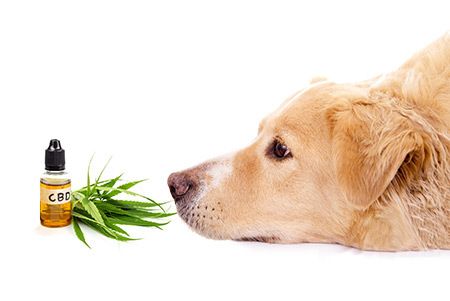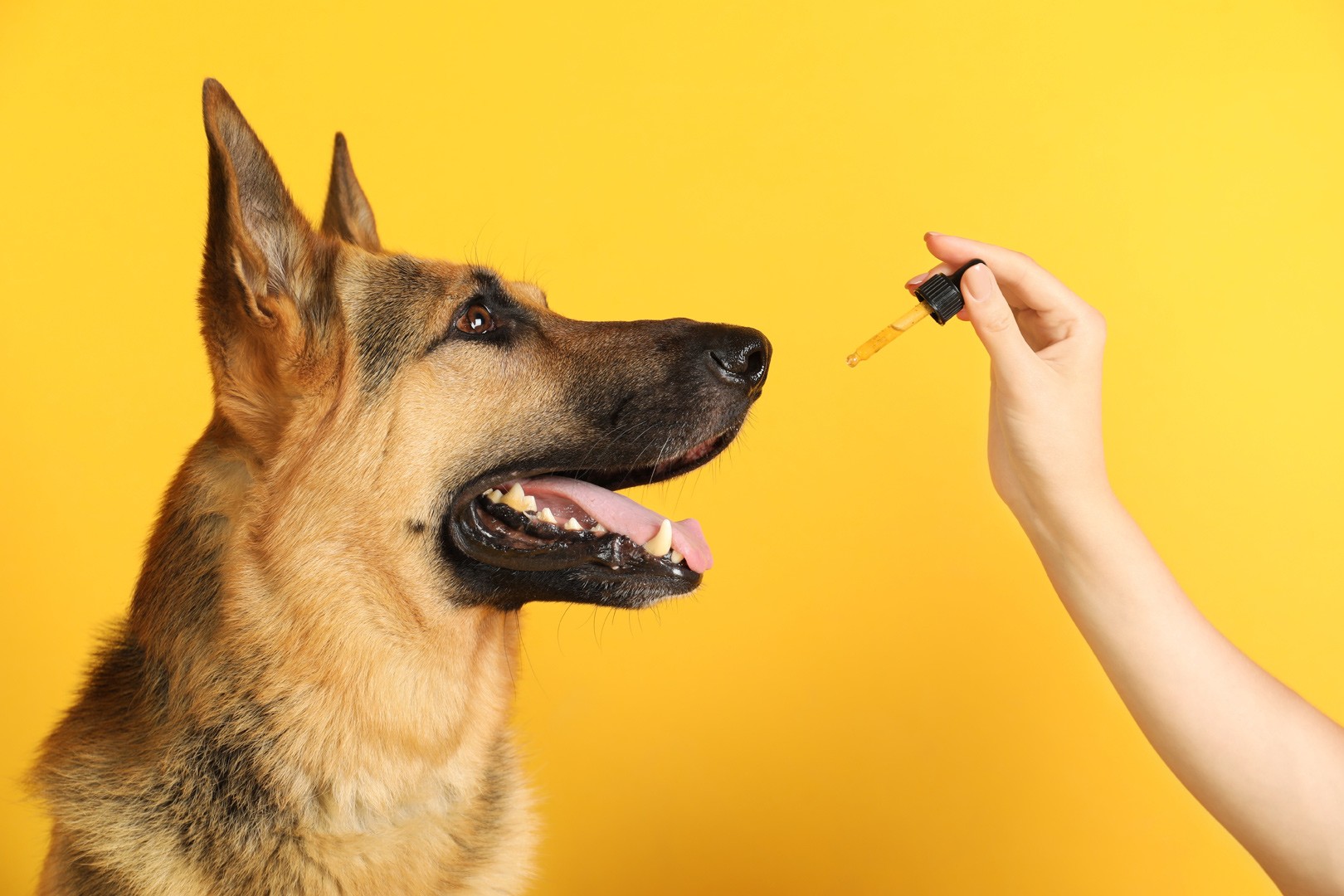Expert Insights: Veterinarians Weigh in on the Safety of CBD Oil for Dogs
In recent years, there has been a surge in interest surrounding the use of Safety of CBD oil for dogs. Pet owners, seeking natural remedies for their furry companions, often turn to CBD oil as a potential solution for various ailments. However, amidst the growing popularity, questions about safety linger. Are there potential risks associated with giving CBD oil to dogs? What do veterinarians have to say about its safety and efficacy? In this comprehensive guide, we delve into the expert insights provided by veterinarians to shed light on the safety of CBD oil for dogs.
Understanding CBD Oil: What Is It and How Does It Work?
Before delving into its safety profile, it’s essential to understand what CBD oil is and how it works. CBD, short for cannabidiol, is a compound derived from the cannabis plant. Unlike THC (tetrahydrocannabinol), CBD does not have psychoactive properties, meaning it won’t induce a “high” in humans or animals. Instead, CBD interacts with the endocannabinoid system (ECS) in the body, which plays a crucial role in regulating various physiological functions, including mood, appetite, pain sensation, and immune response.
The Rise of CBD Oil for Dogs: Potential Benefits and Applications

Many pet owners turn to CBD oil as a holistic approach to managing their dogs’ health issues. Veterinarians and pet owners alike have reported anecdotal evidence suggesting that CBD oil may offer relief from conditions such as anxiety, pain, inflammation, seizures, and gastrointestinal issues in dogs. Additionally, some studies in humans and animals have shown promising results regarding the potential anti-inflammatory, analgesic, and anti-anxiety properties of CBD.
Expert Opinion: What Veterinarians Say About the Safety of CBD Oil for Dogs
While anecdotal evidence and preliminary research may point to the potential benefits of CBD oil for dogs, the question of safety remains paramount. To gain a deeper understanding, we turn to the insights provided by veterinarians who specialize in companion animal health.
1. Dr. Sarah Johnson, DVM, MS, DACVIM
“As a board-certified veterinary internist, I’ve encountered numerous cases where pet owners have sought advice regarding the use of CBD oil for their dogs. While there’s growing interest in its potential therapeutic effects, it’s essential for pet owners to exercise caution and consult with their veterinarian before administering CBD oil to their pets. While CBD is generally considered safe for dogs, there’s still limited scientific evidence regarding its long-term effects and potential interactions with other medications. Furthermore, quality control and proper dosing are critical factors to consider to ensure the safety and efficacy of CBD oil.”
2. Dr. Michael Smith, DVM
“In my practice, I’ve seen cases where CBD oil has provided significant relief for dogs suffering from chronic pain, arthritis, and anxiety. However, it’s crucial for pet owners to source CBD products from reputable manufacturers that adhere to stringent quality standards. Additionally, I always recommend starting with a low dose and gradually increasing it while monitoring for any adverse reactions. Every dog is unique, so what works for one may not work for another. Ultimately, the safety of CBD oil for dogs depends on various factors, including the dog’s individual health status, the quality of the product, and proper dosing.”
Safety Considerations: What Pet Owners Should Keep in Mind
While CBD oil may hold promise as a natural remedy for various canine health issues, pet owners should approach its use with caution and prioritize their pet’s safety. Here are some key safety considerations to keep in mind:
1. Consult with Your Veterinarian
Before starting your dog on CBD oil or any new supplement, it’s crucial to consult with your veterinarian. They can provide personalized advice based on your dog’s health status and medical history.
2. Choose High-Quality Products
Look for CBD products specifically formulated for pets and sourced from reputable manufacturers. Avoid products that contain additives, contaminants, or high levels of THC.
3. Start with Low Doses
Begin with a low dose of CBD oil and monitor your dog’s response closely. Gradually increase the dosage as needed while observing for any adverse effects.
4. Monitor for Adverse Reactions
Keep an eye out for any signs of adverse reactions, such as lethargy, vomiting, diarrhea, or changes in appetite. If you notice any concerning symptoms, discontinue use and consult your veterinarian immediately.
5. Be Mindful of Drug Interactions
CBD oil may interact with certain medications, so it’s essential to inform your veterinarian of any other supplements or medications your dog is taking.
Additional Considerations: Emerging Research and Regulatory Landscape
As interest in CBD oil for dogs continues to grow, so does the need for further research to better understand its safety and efficacy. While there is a growing body of anecdotal evidence and some preliminary studies supporting the potential benefits of CBD oil for canine health, more rigorous scientific research is needed to validate these findings and provide clear guidelines for its use in veterinary medicine.
Furthermore, the regulatory landscape surrounding CBD products for pets remains complex and evolving. While some states have legalized the use of CBD products for both humans and animals, there is still a lack of standardized regulations governing their production, labeling, and distribution. This lack of oversight underscores the importance of pet owners conducting thorough research and exercising caution when selecting CBD products for their dogs.
In summary, while CBD oil may offer promise as a natural remedy for various canine health issues, pet owners should approach its use with vigilance, consulting with veterinarians and prioritizing the safety and well-being of their furry companions. Continued research, along with clear regulatory guidelines, will be instrumental in ensuring the safe and responsible use of CBD oil for dogs in the future.
Conclusion: Balancing Safety and Potential Benefits
In conclusion, while CBD oil holds promise as a natural remedy for various canine health issues, pet owners should approach its use with caution and informed decision-making. Consulting with a veterinarian, choosing high-quality products, starting with low doses, and monitoring for adverse reactions are essential steps in ensuring the safety and efficacy of CBD oil for dogs. By following these guidelines and staying informed, pet owners can navigate the complexities of CBD oil use and make informed choices that prioritize their dog’s well-being.

